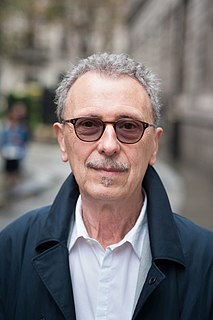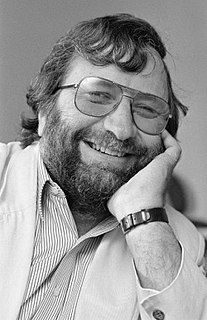A Quote by Victor Burgin
The wholeness, coherence, identity, which we attribute to the depicted scene [in a photograph] is a projection, a refusal of an impoverished reality in favour of an imagined plenitude.
Related Quotes
For the photograph's immobility is somehow the result of a perverse confusion between two concepts: the Real and the Live: by attesting that the object has been real, the photograph surreptitiously induces belief that it is alive, because of that delusion which makes us attribute to Reality an absolute superior, somehow eternal value; but by shifting this reality to the past ("this-has-been"), the photograph suggests that it is already dead.
How foolish of me to believe that it would be that easy. I had confused the appearance of trees and automobiles, and people with a reality itself, and believed that a photograph of these appearances to be a photograph of it. It is a melancholy truth that I will never be able to photograph it and can only fail. I am a reflection photographing other reflections within a reflection. To photograph reality is to photograph nothing.
The decisive moment, the popular Henri Cartier-Bresson approach to photography in which a scene is stopped and depicted at a certain point of high visual drama, is now possible to achieve at any time. One's photographs, years later, may be retroactively rephotographed by repositioning the photographer or the subject of the photograph, or by adding elements that were never there before but now are made to exist concurrently in a newly elastic sense of space and time.
Anyone who is kind to man knows the fragmentariness of most men, and wants to arrange a society of power in which men fall naturally into a collective wholeness, since they cannot have an individual wholeness. In this collective wholeness they will be fulfilled. But if they make efforts at individual fulfilment, they must fail for they are by nature fragmentary.








































